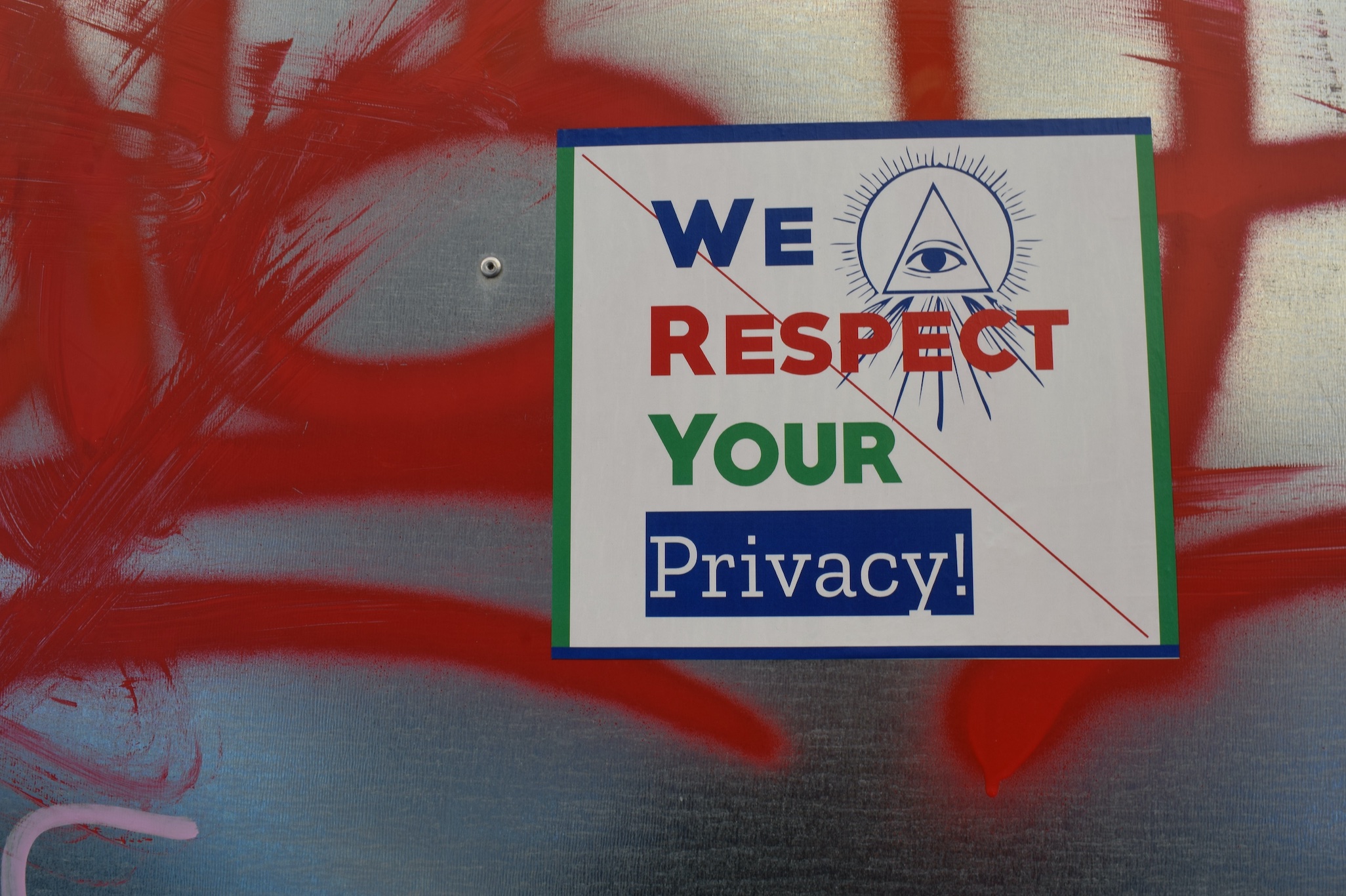Safeguarding employee privacy is not only a legal obligation but also a moral imperative for employers in the United States.
In the fast-paced world of modern business, employee privacy has become a critical concern that demands the attention of every organization. With the ever-increasing use of technology in the workplace and the complex web of federal and state laws governing employee rights, navigating the landscape of employee privacy can be a daunting task.
However, failing to prioritize the protection of employee privacy can lead to costly legal battles, damaged reputations, and a breakdown of trust within the organization. In this blog post, we’ll dive into the essentials of employment law in the United States, exploring the key strategies and best practices for safeguarding employee privacy and ensuring compliance with relevant regulations.
Whether you’re an HR professional, a legal expert, or a concerned employer, this blog will provide you with the knowledge and tools you need to create a culture of privacy and respect in your workplace. So, let’s get started.
Understanding Employee Privacy Rights
Employee privacy rights in the United States are governed by a combination of federal and state laws. These laws cover various aspects of employee privacy, including personal information, medical records, and electronic communications. Employers must familiarize themselves with the applicable laws to avoid potential legal issues and maintain a positive work environment.
Federal Laws Protecting Employee Privacy
These federal laws provide a framework for protecting employee privacy rights and set guidelines for employers to follow when handling sensitive employee information:
1. The Americans with Disabilities Act (ADA)
2. The Family and Medical Leave Act (FMLA)
3. The Health Insurance Portability and Accountability Act (HIPAA)
4. The Electronic Communications Privacy Act (ECPA)
State Laws and Employee Privacy
In addition to federal laws, many states have enacted their own privacy laws that provide additional protections for employees. Employers must be aware of the specific laws in the states where they operate and ensure compliance with both federal and state regulations. Failure to comply with these laws can result in costly legal battles and damage to the organization’s reputation.
Best Practices for Safeguarding Employee Privacy
By following these best practices, employers can demonstrate their commitment to protecting employee privacy and create a culture of trust and respect in the workplace.
1. Develop and implement clear privacy policies
2. Train employees on privacy protocols
3. Limit access to sensitive employee information
4. Use secure systems for storing and transmitting data
5. Regularly review and update privacy practices
The Role of HR in Protecting Employee Privacy
Human Resources professionals play a crucial role in safeguarding employee privacy. They are responsible for developing and enforcing privacy policies, training employees, and ensuring compliance with relevant laws and regulations. HR professionals must stay up-to-date with the latest developments in employment law and be prepared to address any privacy concerns raised by employees.
For those seeking expert guidance on navigating the complexities of employment law, joining a reputable employment law forum can be invaluable. These forums provide a platform for HR professionals, legal experts, and employers to share knowledge, discuss best practices, and stay informed about the latest trends and developments in the field.
One such forum that has gained recognition for its comprehensive resources and knowledgeable community is a well-respected employment law forum. By joining this forum, members gain access to a wealth of information, including in-depth articles, case studies, and interactive discussions on various aspects of employment law, including employee privacy.

This employment law forum also offers exclusive benefits to its members, such as personalized advice from legal experts, networking opportunities with industry professionals, and access to cutting-edge tools and resources to help organizations stay compliant with employment laws. To support your organization’s efforts to safeguard employee privacy, consider exploring reputable online communities dedicated to employment law.
Balancing Employee Privacy and Employer Interests
While protecting employee privacy is crucial, employers also have legitimate interests in monitoring employee activities and ensuring the security of company assets. Striking the right balance between employee privacy and employer interests can be challenging, but it is essential for maintaining a positive and productive work environment.
Employers should be transparent about their monitoring practices and communicate clearly with employees about what information is being collected and how it will be used. By involving employees in the development of privacy policies and procedures, employers can foster a sense of trust and collaboration, leading to better outcomes for all parties involved.
The Future of Employee Privacy
As technology continues to advance and remote work becomes more prevalent, the landscape of employee privacy is likely to evolve in the coming years. Employers need to stay vigilant and adapt their privacy practices to keep pace with these changes. This may involve investing in new technologies, updating policies and procedures, and providing ongoing training to employees.
By staying informed about the latest developments in employment law and best practices for safeguarding employee privacy, organizations can position themselves for success in the years ahead. Joining a community of like-minded professionals, such as the Employment Law Forum, can provide valuable support and resources to help navigate these challenges and ensure ongoing compliance with relevant laws and regulations.
The Importance of Employee Privacy Training
Ensuring that employees understand their privacy rights and responsibilities is crucial for maintaining a culture of trust and compliance within the organization. Employers should prioritize employee privacy training to educate their workforce on the importance of protecting sensitive information and adhering to company policies and procedures.
Effective employee privacy training should cover topics such as:
1. Recognizing and reporting privacy breaches
2. Proper handling and storage of confidential data
3. Appropriate use of company technology and resources
4. Compliance with relevant laws and regulations
By investing in comprehensive employee privacy training, organizations can empower their employees to become active participants in safeguarding sensitive information and mitigating potential privacy risks. This proactive approach not only helps protect the organization from legal liabilities but also fosters a sense of shared responsibility and accountability among employees.
Conclusion
In conclusion, safeguarding employee privacy is not only a legal obligation but also a moral imperative for employers in the United States. By taking proactive steps to protect employee privacy, organizations can create a positive work environment, mitigate legal risks, and build a reputation as a responsible and trustworthy employer. With the right knowledge, resources, and support, such as those provided by the Employment Law Forum, employers can navigate the complexities of employment law and ensure the ongoing protection of their employees’ privacy rights.


Join the conversation!